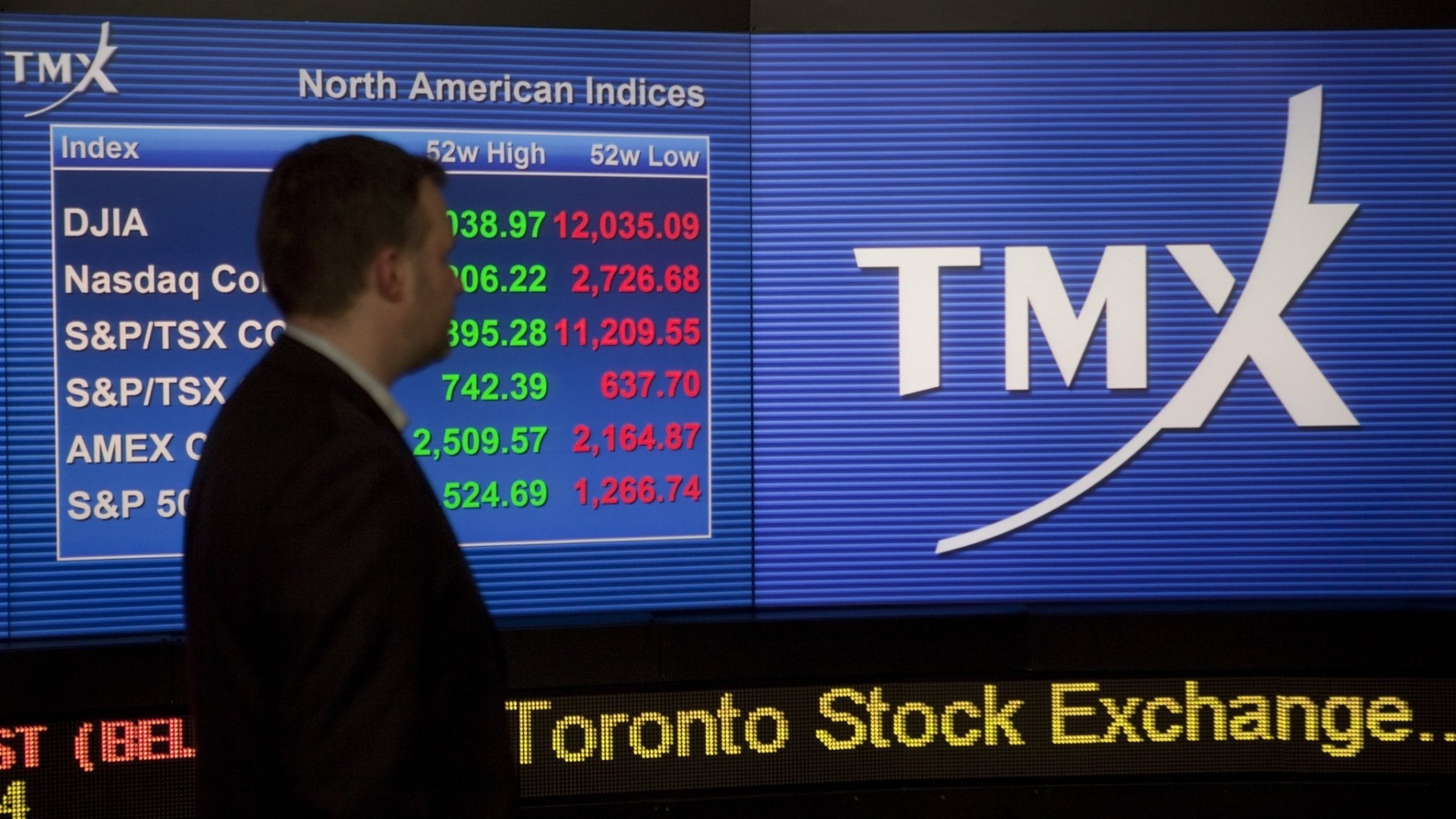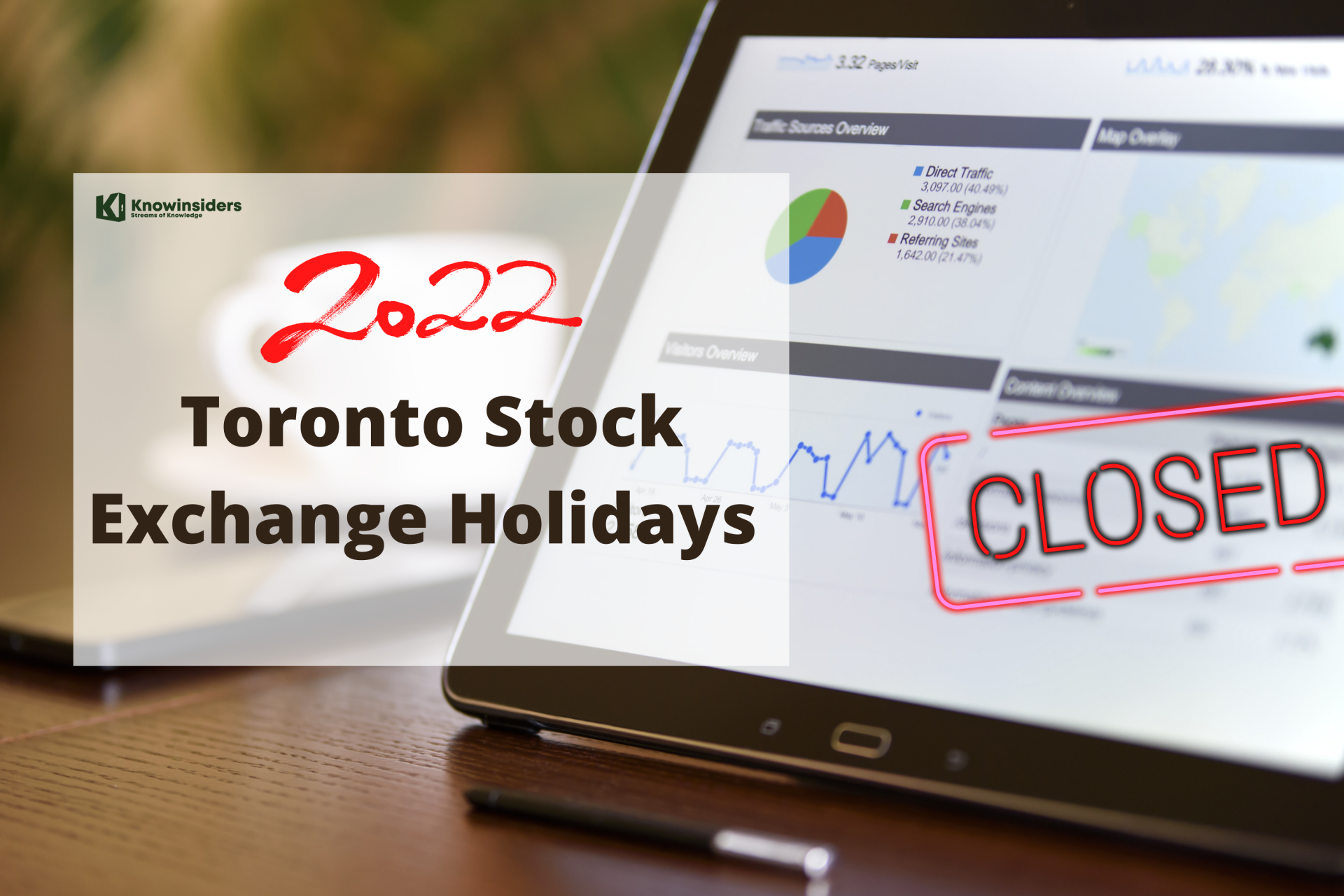Navigating The Canadian Stock Market In 2025: Understanding Holiday Closures
Navigating the Canadian Stock Market in 2025: Understanding Holiday Closures
Related Articles: Navigating the Canadian Stock Market in 2025: Understanding Holiday Closures
Introduction
In this auspicious occasion, we are delighted to delve into the intriguing topic related to Navigating the Canadian Stock Market in 2025: Understanding Holiday Closures. Let’s weave interesting information and offer fresh perspectives to the readers.
Table of Content
Navigating the Canadian Stock Market in 2025: Understanding Holiday Closures

The Canadian stock market, like any other financial market, observes specific holidays. These closures, while impacting trading activity, serve a vital purpose: allowing market participants to observe cultural and religious traditions, fostering a healthier work-life balance, and ensuring fair and efficient market operations.
Understanding the 2025 holiday calendar is crucial for investors, traders, and market professionals. It allows them to plan their trading strategies, avoid potential disruptions, and ensure continuity in their operations.
2025 Stock Market Holidays in Canada:
While the exact dates may be subject to slight adjustments, the following holidays are generally observed by the Toronto Stock Exchange (TSX) and other major Canadian exchanges in 2025:
January:
- New Year’s Day (Monday, January 1st): This holiday marks the beginning of the new year and is observed across Canada.
February:
- Family Day (Monday, February 17th): This provincial holiday, observed in various Canadian provinces, promotes family time and community engagement.
April:
- Good Friday (Friday, April 18th): A significant Christian holiday commemorating the crucifixion of Jesus Christ, it is observed as a statutory holiday in most Canadian provinces.
May:
- Victoria Day (Monday, May 19th): This holiday commemorates Queen Victoria’s birthday and is observed as a statutory holiday across Canada.
June:
- Canada Day (Wednesday, June 25th): This national holiday celebrates the anniversary of Canada’s Confederation and is a statutory holiday across the country.
August:
- Civic Holiday (Monday, August 4th): This holiday, observed in various Canadian provinces, commemorates significant local events or historical figures.
September:
- Labour Day (Monday, September 1st): This holiday honors the contributions of workers and is a statutory holiday across Canada.
October:
- Thanksgiving Day (Monday, October 13th): This national holiday, celebrated in October, expresses gratitude for the harvest and the blessings of the year.
November:
- Remembrance Day (Wednesday, November 11th): This national holiday commemorates the sacrifices made by Canadian soldiers in war. While not a statutory holiday in all provinces, it is generally observed by the stock market.
December:
- Christmas Day (Wednesday, December 25th): This holiday celebrates the birth of Jesus Christ and is a statutory holiday across Canada.
- Boxing Day (Thursday, December 26th): This holiday, observed in many Canadian provinces, traditionally marks the day after Christmas and is a time for giving gifts to service workers.
Understanding the Significance of Stock Market Holidays:
Stock market holidays are not merely days off for traders and investors. They play a crucial role in the smooth functioning of the financial markets:
-
Observance of Cultural and Religious Traditions: By observing holidays, the stock market demonstrates respect for cultural and religious traditions, fostering a sense of inclusivity and fostering positive relationships within the financial community.
-
Promoting Work-Life Balance: Holidays provide market participants with time to recharge, spend time with family and friends, and engage in personal pursuits. This promotes a healthier work-life balance, leading to improved productivity and well-being.
-
Ensuring Fair and Efficient Market Operations: Holidays allow for necessary system maintenance and upgrades, ensuring the smooth operation of trading platforms and infrastructure. This ensures a fair and efficient market environment for all participants.
-
Providing Time for Market Analysis: The absence of active trading during holidays allows market participants to step back, analyze market trends, and make informed investment decisions without the pressures of real-time trading.
FAQs Regarding Stock Market Holidays in Canada:
1. What happens to stock prices during holidays?
While stock prices are not actively traded during holidays, they can still be affected by global events, news announcements, or other factors that may influence investor sentiment. However, the absence of active trading generally leads to a period of relative stability in stock prices.
2. Can I still buy or sell stocks during holidays?
No, most stock exchanges in Canada are closed on holidays. You cannot place orders or execute trades during these periods.
3. How do I plan my trading around holidays?
It’s essential to factor in holidays when planning your trading strategies. Consider the potential impact of holidays on market liquidity, volatility, and your overall investment goals.
4. Are there any exceptions to holiday closures?
There may be some exceptions, especially for certain over-the-counter (OTC) markets or specific financial instruments. However, it’s best to confirm with your broker or financial advisor to ensure you understand any potential exceptions.
Tips for Managing Your Investments During Holiday Periods:
-
Stay Informed: Monitor market news and announcements, even during holidays, to stay informed of any significant events that might impact your investments.
-
Review Your Portfolio: Use the holiday period to review your investment portfolio, adjust your asset allocation, and ensure it aligns with your long-term financial goals.
-
Consider Long-Term Investments: Holidays offer an opportunity to consider long-term investments that are less susceptible to short-term market fluctuations.
-
Consult with Professionals: If you have any questions or concerns about managing your investments during holiday periods, consult with a qualified financial advisor.
Conclusion:
Understanding the stock market holidays in Canada is crucial for all market participants. By recognizing the importance of these closures and incorporating them into trading strategies, investors can ensure the continuity of their operations, maintain a balanced approach to their investments, and ultimately achieve their financial objectives.








Closure
Thus, we hope this article has provided valuable insights into Navigating the Canadian Stock Market in 2025: Understanding Holiday Closures. We appreciate your attention to our article. See you in our next article!
You may also like
Recent Posts
- Exploring The World In February 2025: A Guide To Travel Destinations
- Navigating The Summer School Holidays In The UK: A Comprehensive Guide For 2025
- Navigating Singapore’s Public Holidays In 2025: A Comprehensive Guide
- A Comprehensive Guide To Skiing Holidays In January 2025
- Embracing The Winter Wonderland: A Comprehensive Guide To Ski Holidays In January 2025
- Tenerife In April 2025: A Springtime Escape To The Canary Islands
- The Future Of Travel: A Look At Holiday Trends For 2025
- Unveiling The World Of Travel: An Exploration Of Thomas Cook’s 2025 Brochure
Leave a Reply